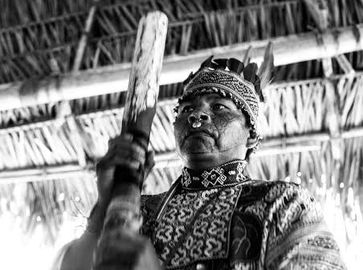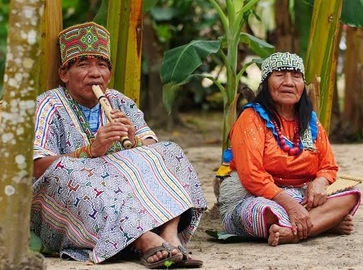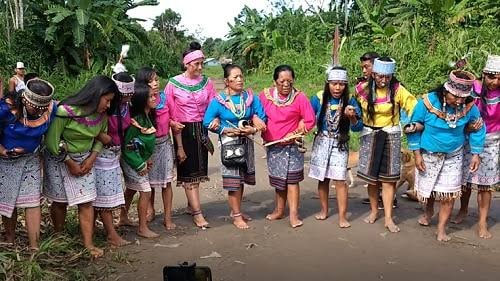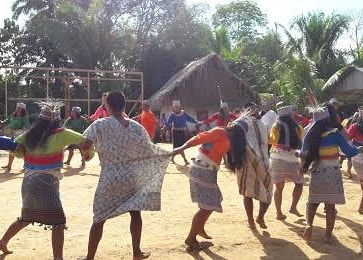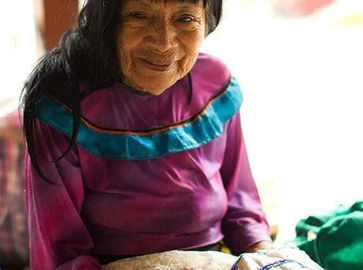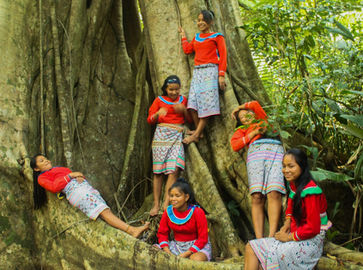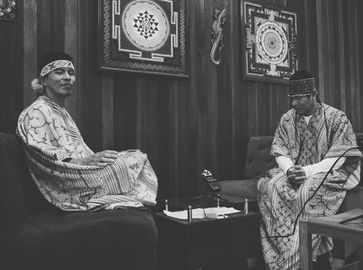
HISTORY OF THE SHIPIBO-CONIBO
A rich cultural heritage

In the western Amazon, the Shipibo people are the largest indigenous tribe and represent approximately 8% of the indigenous population, with most living along the Ucayali river near or in Pucallpa.
Originally two distinct groups, the Shipibo and Conibo tribes eventually merged and became one through intermarriage and similar cultural practices. Interestingly, they have managed to maintain much of their ancient cultural beliefs and practices, despite strong encroachment from the Incan and Spanish Empires, as well as pressure from Christian missionaries in efforts to convert them.
Medicinal plants are at the core of their culture and ceremonial practices. They have maintained their strong connection with nature, through millennia, based on their spiritual, physical, and cultural relationship with it, which has allowed them to become some of the strongest healers today.
Their beautiful and complexly woven tapestries, jewelry, and pottery are traditionally made by the women, who obtain the knowledge beginning at a young age, either through dieting with specific master plants, which opens their cosmovision and shows them how to paint and sew, or through knowledge passed down intergenerationally from their mothers and grandmothers. The beautiful woven tapestries and other works of art are the physical manifestations of their knowledge of cosmovision and the icaros from the plants.


In recent years, the Shipibo-Conibo populations have suffered due to deforestation, climate change, and erosion along the Ucayali river. Large numbers of the population have been forced to migrate from their communal villages to urban areas in search of other methods of employment, better access to health care, and access to food and water, such as the cities of Pucallpa and Yarinacocha. Like the majority of other indigenous populations in the Amazon, the Shipibo-Conibo are threatened by extreme pressure from outside influences such as narco-trafficking, particularly with illegal logging and large areas of deforestation for the trafficking of coca, as well as oil speculation, logging, and government negligence.
Amazonia Moyano is one of the few centers in Peru which is Shipibo-owned and directed, and we are committed to ensuring the health and well-being of our community and the people we work with. We provide comfortable accommodations, fair wages, and nourishing food. Most of our team members live and work here at the center together with their families.
Guests who have come to stay with us end up building close relationships with our maestros and staff members and gain insightful and meaningful learning experiences from the Shipibo and their wonderful culture. We invite you to come experience for yourself the beauty of this rich heritage here at Moyano.


